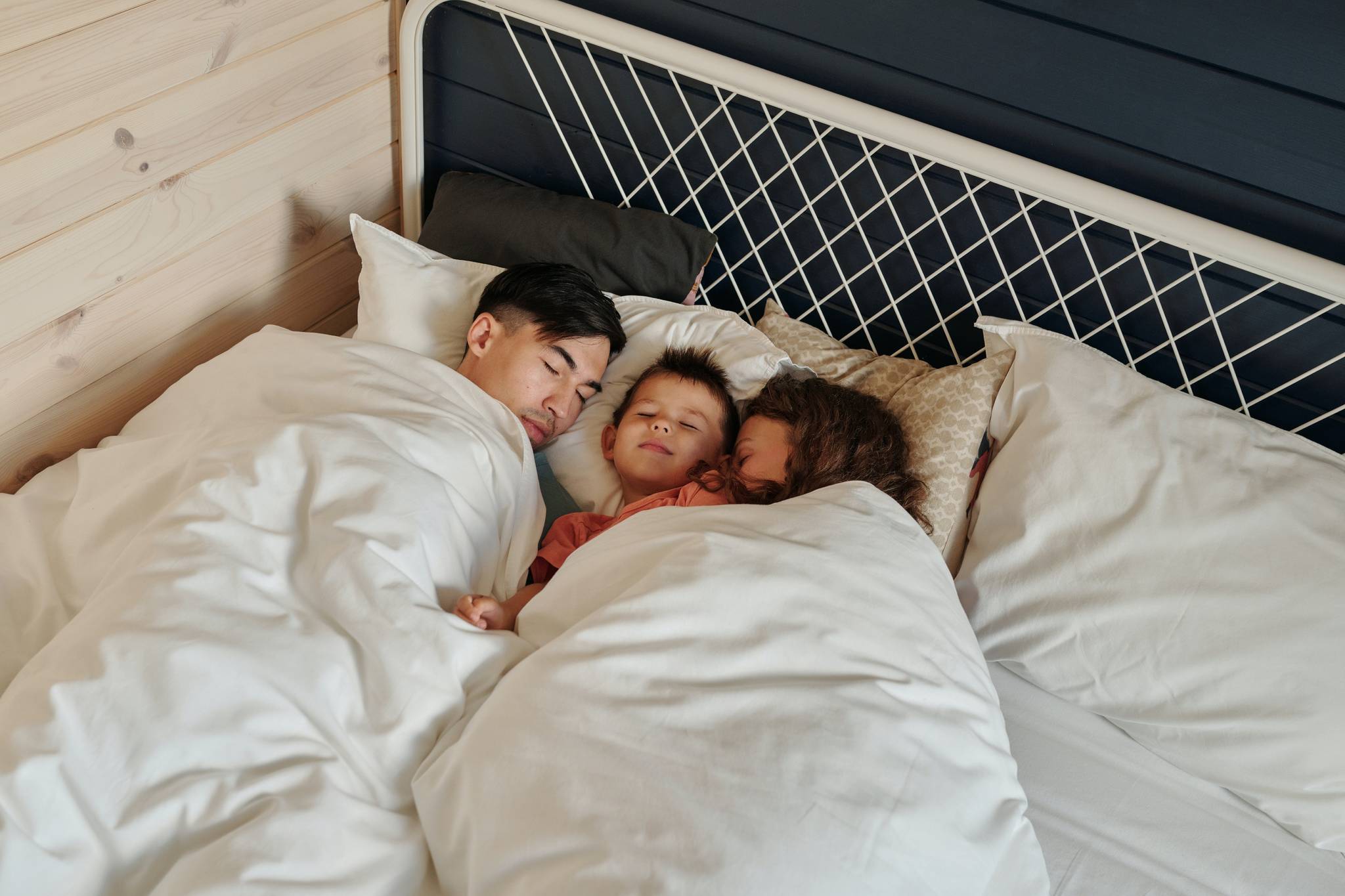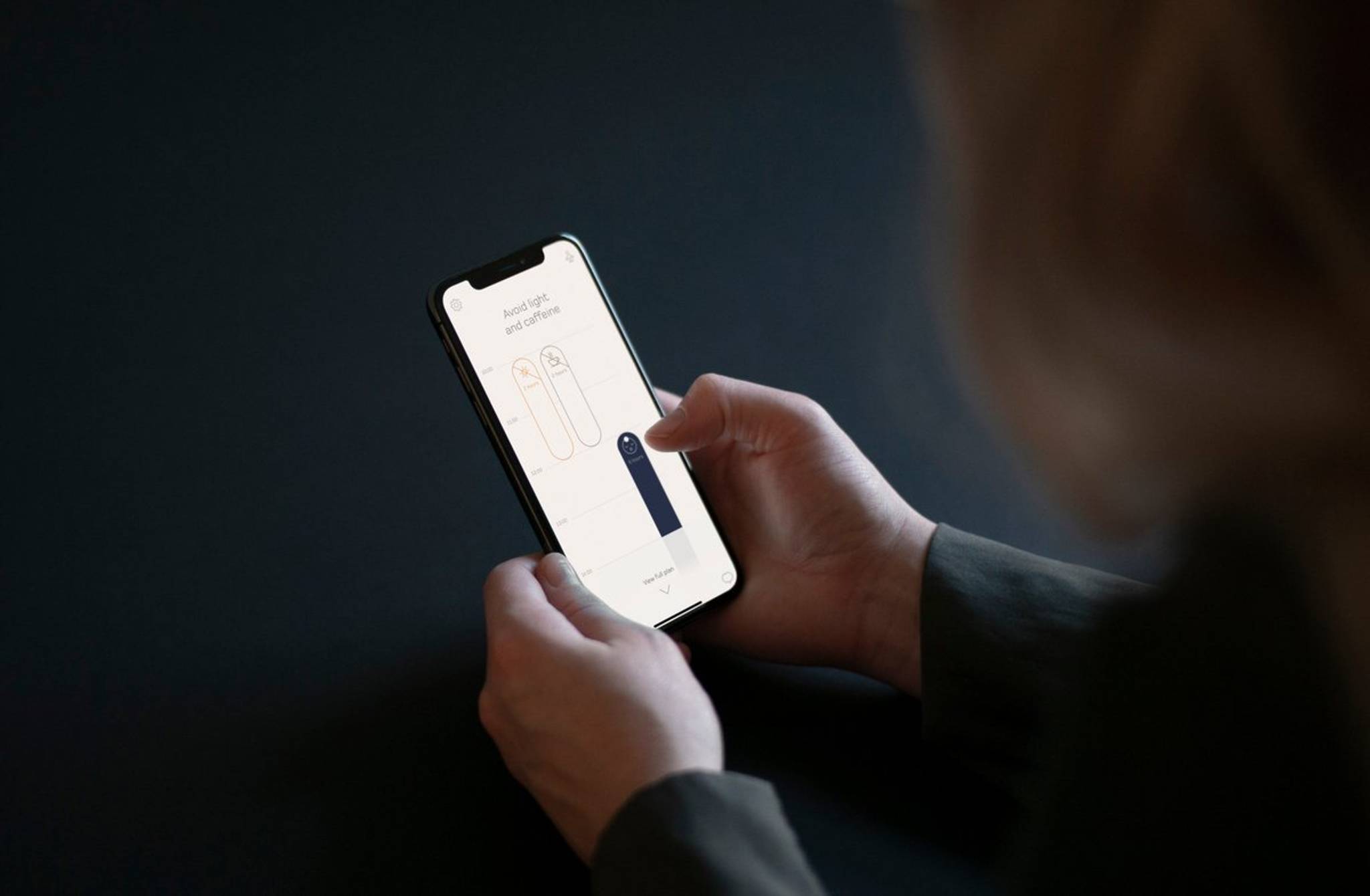
Flitting between working from home to working in the office has thrown people off of their regular schedules. Add to that a lack of sleep and a mismatch between biological and social clocks, and ‘social jet lag’ is kicking in with many sufferers finding it hard to focus and stay present.
But what exactly is social jet lag? It's defined as the inconsistency between a person’s body clock, which is determined by a natural internal process that regulates the sleep-wake cycle and repeats approximately every 24 hours, and their social clock, which is set by lifestyle factors such as work, school and other social activities.
According to a new study published in the journal JAMA Network Open, almost half of U.S. adults experience some social jet lag with over 46% of survey participants reporting at least one hour of social jet lag while 19.3% experienced at least two hours. And this is impacting everything from mental to physical health with higher risks of depression, obesity, Type 2 diabetes and cardiovascular problems associated with social jet lag.
With social jet lag often hiding in plain sight it can be hard for people to navigate, but experts recommend not only prioritizing getting enough sleep but the timing of sleep is also important, both of which can contribute to improved health and wellbeing. Brands such as The Sleep Company are helping people combat sleep deprivation through ‘smart grid’ mattress technology that cradles the body, and the digital therapeutics program Somryst is the first FDA-approved tool of its kind that gives users practical ways to improve their sleep.



